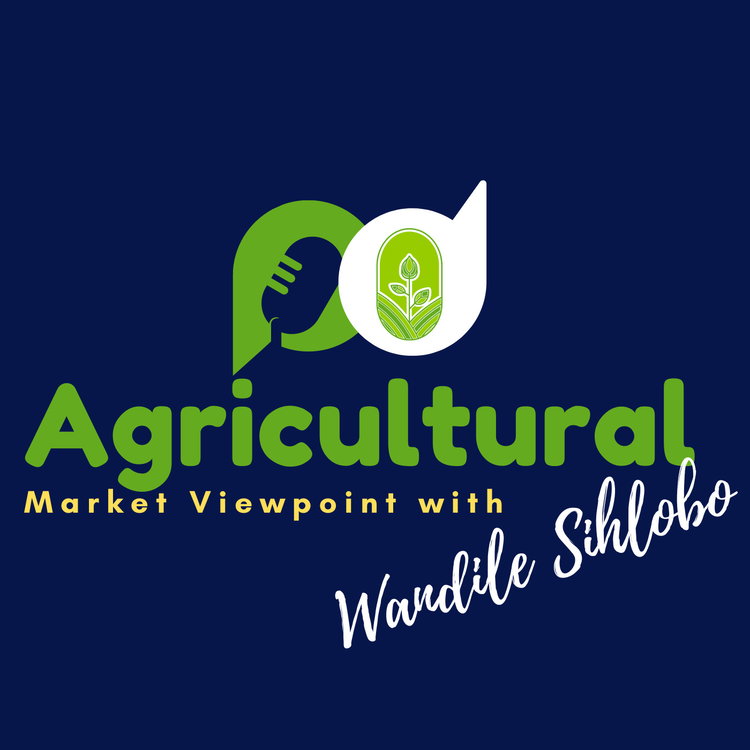
In search for optimism in South Africa's agriculture
Loading player...
South Africa's agriculture is showing signs of improving optimism since the start of the Government of the National Unity (GNU), which has fueled confidence levels about the path forward.
The Agbiz/IDC Agribusiness Confidence Index (ACI), a sentiment indicator about business conditions in the sector, has risen from its low levels in the second quarter of 2024. The ACI increased by 10 points to 48 in the third quarter. While the index remains below the neutral 50-point mark, the jump by 10 points is encouraging. It signals that things are moving in the right direction.
A sustained lift in sentiment matters, especially over the long run, for fixed investment in the agriculture and agribusiness sectors. The ACI also serves as a leading indicator of agricultural growth prospects over time. We can thus expect slightly better farming output data for the third quarter of the year.
Several factors underpin the improvement in sentiment. One of them is the better electricity supply in the country. South Africa's horticultural production – fruit, vegetables and floriculture – is under irrigation, requiring a sustainable energy supply. Furthermore, roughly a third of field crops are produced under irrigation, benefiting from improved energy supply. The livestock, poultry, and dairy industry are also among the major energy users in the sector. Aquaculture industries like abalone farms also require a sustainable energy supply to pump fresh water.
Indeed, there has been a significant increase in renewables and other alternative energy sources, but the broad stability in the national energy supply has helped.
Moreover, the fact that the 2024-25 summer season starts, at least for field crops and horticulture, with relatively better-priced input costs compared with the past season, is another reason to be optimistic.
For example, in rands terms, most fertilizer product prices were down by roughly 10% year-on-year in September 2024 compared with the previous year. Since fertilizer accounts for approximately a third of the grain farmers' input costs in South Africa, such a price decline significantly improves farmers' finances.
The prospects of a La Niña-induced rainfall in the 2024-25 summer season is another additional factor to be optimistic about the agricultural outlook in South Africa. The weather arguably matters more than other factors regarding the sector's performance.
Listen to the podcast for more details.
Podcast production by Richard Humphries, and Sam Mkokeli
My writing on agricultural economic matters is available on my blog: https://wandilesihlobo.com/
The Agbiz/IDC Agribusiness Confidence Index (ACI), a sentiment indicator about business conditions in the sector, has risen from its low levels in the second quarter of 2024. The ACI increased by 10 points to 48 in the third quarter. While the index remains below the neutral 50-point mark, the jump by 10 points is encouraging. It signals that things are moving in the right direction.
A sustained lift in sentiment matters, especially over the long run, for fixed investment in the agriculture and agribusiness sectors. The ACI also serves as a leading indicator of agricultural growth prospects over time. We can thus expect slightly better farming output data for the third quarter of the year.
Several factors underpin the improvement in sentiment. One of them is the better electricity supply in the country. South Africa's horticultural production – fruit, vegetables and floriculture – is under irrigation, requiring a sustainable energy supply. Furthermore, roughly a third of field crops are produced under irrigation, benefiting from improved energy supply. The livestock, poultry, and dairy industry are also among the major energy users in the sector. Aquaculture industries like abalone farms also require a sustainable energy supply to pump fresh water.
Indeed, there has been a significant increase in renewables and other alternative energy sources, but the broad stability in the national energy supply has helped.
Moreover, the fact that the 2024-25 summer season starts, at least for field crops and horticulture, with relatively better-priced input costs compared with the past season, is another reason to be optimistic.
For example, in rands terms, most fertilizer product prices were down by roughly 10% year-on-year in September 2024 compared with the previous year. Since fertilizer accounts for approximately a third of the grain farmers' input costs in South Africa, such a price decline significantly improves farmers' finances.
The prospects of a La Niña-induced rainfall in the 2024-25 summer season is another additional factor to be optimistic about the agricultural outlook in South Africa. The weather arguably matters more than other factors regarding the sector's performance.
Listen to the podcast for more details.
Podcast production by Richard Humphries, and Sam Mkokeli
My writing on agricultural economic matters is available on my blog: https://wandilesihlobo.com/

